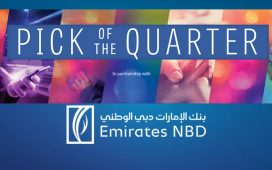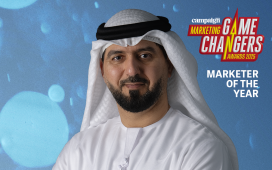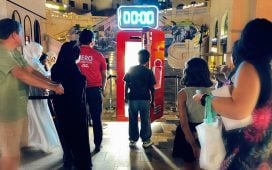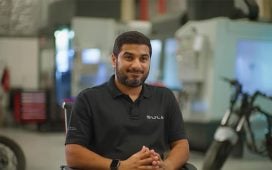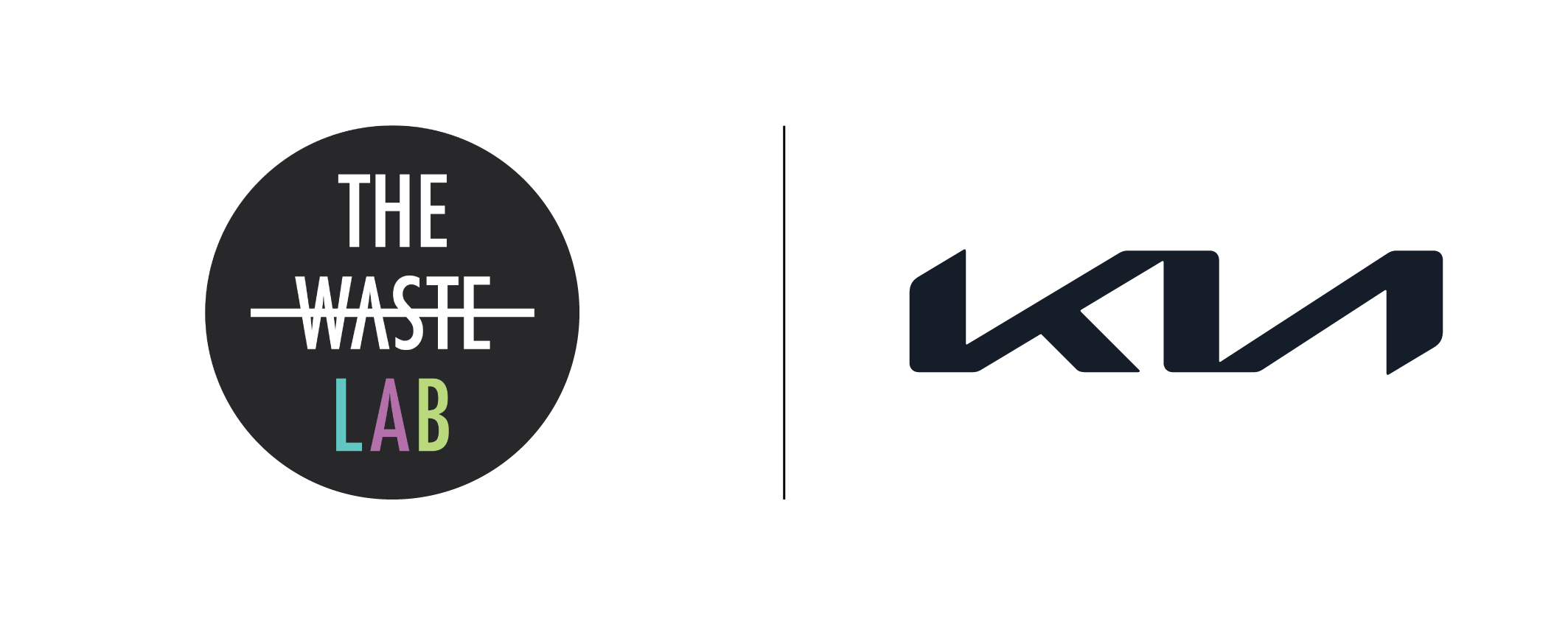 Kia and The Waste Lab have partnered to raise awareness and mobilise individuals to the global-wide issue of food waste, while guiding them towards practical solutions. The collaboration advocates minimising food waste in the region and transforming it into healthy compost, reducing carbon footprint and bringing the cycle of life full circle.
Kia and The Waste Lab have partnered to raise awareness and mobilise individuals to the global-wide issue of food waste, while guiding them towards practical solutions. The collaboration advocates minimising food waste in the region and transforming it into healthy compost, reducing carbon footprint and bringing the cycle of life full circle.
Kia Corporation partnered with Dubai-based startup, The Waste Lab, have launched a three-stage GCC-based campaign while transforming food waste into healthy compost. The partnership started at the beginning of Ramadan, nudging consumers to rethink their practices and mindset around food wastage.
The Waste Lab is a women-led, impact-driven startup based in the UAE, with a mission to reduce and repurpose food waste, while Kia has always been an advocate of sustainable mobility solutions. In line with their vision to become a Sustainable Mobility Solutions Provider, Kia is facilitating The Waste Lab as part of the collaboration with the Kia Niro Hybrid in the UAE, the Kia K5 Hybrid in Oman, and the Kia K8 Hybrid in Saudi Arabia, as a means of transportation of the food waste into nutrient-rich compost.
Operations commenced in the UAE at the start of Ramadan. The first stage entailed Kia and The Waste Lab collecting food waste from 150 households across two communities in Dubai – Sustainable City and Villa Lantana.
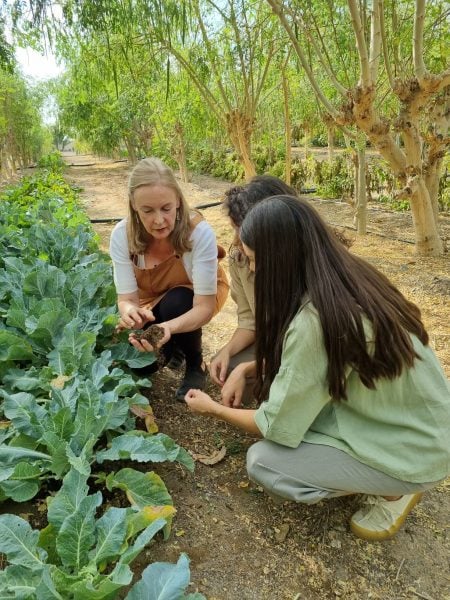 Once collected, the food waste was brought to The Waste Lab facilities, where it was sorted and converted into healthy compost. The second stage will take place at Lizq Oasis, a family-run, locally owned farm in Oman, where healthy compost and regenerative agricultural practices have transformed a small plot of land into a productive orchard that supports date plans, citrus and tropical fruit trees. This process goes hand-in-hand with The Waste Lab’s focus on soil health and organic farming.
Once collected, the food waste was brought to The Waste Lab facilities, where it was sorted and converted into healthy compost. The second stage will take place at Lizq Oasis, a family-run, locally owned farm in Oman, where healthy compost and regenerative agricultural practices have transformed a small plot of land into a productive orchard that supports date plans, citrus and tropical fruit trees. This process goes hand-in-hand with The Waste Lab’s focus on soil health and organic farming.
The composting journey or ‘The Cycle of Life’ initiative has concluded with Saudi chef Yasmin Hamza. Her Indulge Thyself restaurant in Jeddah is a first-of-itskind zero-waste fine-dining experience in the Middle East. Kia hosted a farm-to-table Iftar at the restaurant to celebrate environmental advocates from the region.
Yaser Shabsogh, Chief Operating Officer, Regional HQ, Middle East & Africa, Kia, said: “We are excited about our partnership with The Waste Lab and engaging with the community in our collective effort to promote sustainable solutions. Throughout this journey, our aim has been to generate support from local communities for sustainable initiatives in the region.
“We are aiming to shift people’s mindset around food waste and responsible consumption. At Kia, we hold a deep-seated commitment to reducing the carbon footprint and are always trying to pursue innovative means to pursue sustainable solutions. We understand that this commitment has the power to transform our world and bring the cycle of life full circle.
Lara Hussein and Ceylan Uren, The Waste Lab co-founders added: “In the lead up to Ramadan, we often see a surge in excessive buying and discarding of food. However, this time can be used to promote more mindful consumption and sustainability.
“By emphasising the advantages of sourcing locally and minimising food waste, we can raise awareness and promote responsible consumption. Additionally, diverting these precious resources from landfills can have a positive impact on reducing greenhouse gas emissions and supporting soil health, we believe that this initiative with Kia can be transformative and have a positive impact on our world, and we have been excited to bring the community onboard to galvanise support. We are grateful to Kia for lending their support and collaborating on
this impactful movement”.
BENEFITS OF COMPOSTING
There are multiple benefits of composting to the overall ecosystem. It reduces the waste in landfills (organic waste accounts for 40 per cent to 60 per cent of landfills) as well as the use of chemical applications. The process also aids in building healthy soil by storing atmospheric C02 and plant nutrients which enhances plant growth and the overall environment around. The composting initiative by The Waste Lab also creates local resources, encouraging food security and a culture that grows home-based plants.






